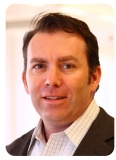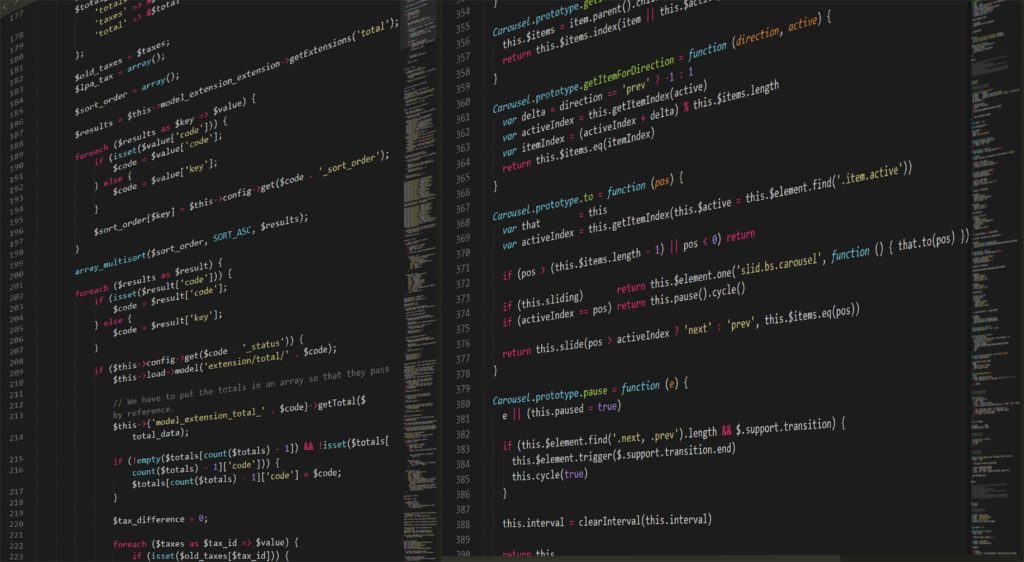 By Audrey Russo, president and chief executive officer, Pittsburgh Technology Council
By Audrey Russo, president and chief executive officer, Pittsburgh Technology Council
This past winter, I had a chance to spend an entire evening tech event hopping in Pittsburgh’s East Liberty neighborhood. A dreary, wet night it was, and yet there were three gatherings, each one attended by a mixed crowd of students, entrepreneurs, faculty, city government, nonprofits, and a sprinkling of local investors.
One happy hour was graced by a selection of startups receiving cash and space to build their businesses. Another grand-opening event was held at Pittsburgh’s new TechShop, a nationally-renowned workshop and fabrication studio that provides equipment, training, and mentorship to people hoping to explore technical and technology trades. I wrapped up the evening at yet another venue in the same neighborhood with an intimate, casual discussion with the founder of Thread International, a company that transforms trash into jobs and products that improve lives, neighborhoods, and futures.
Driving home that evening I wondered if I was observing a rising tide. Are these data points an emerging trend or simply evidence that rents are reasonable, proximity to Carnegie Mellon University and the University of Pittsburgh is a few bus stops away, and the few new, yet glorious eateries are pulling the neighborhood ahead? Was I witnessing the beginning of entrepreneurial ground swell?
As of this moment, Oakland, Pittsburgh’s medical/university center, is a rapidly growing hub of tech startups locating on the vacant second floors along the busy retail corridor. Our Uptown neighborhood has growing demands for co-working and maker space for the last year. There is even talk of a robotics incubator to be launched. Finally, the South Side and Downtown are neighborhoods where all shapes and sizes of companies and co-working spaces crop up.
I was just immersed in the evening, knowing that something is happening in Pittsburgh and for once, it wasn’t the data I was dissecting—instead it was dialogue with people who were also feeling that we might be finally experiencing momentum.
We are in a period of time where digital media has benefited from swift innovation in apps, information and open source. Many of the ideations of these particular startups are leveraging the democratization of information, while accessing data and prototyping more readily validates business propositions. The collision of hardware and software has reemerged, moving from niche markets to solving business efficiencies, once again. The catapult to smart devices from computers and the decline of email as a major shift causes businesses to be compelled to engage in new ways of customer engagement. The ease of starting companies could be propelling my observations that night in East Liberty. Or could it be there is a convergence occurring?
There exists prolific research on tech-based economic development. There are patterns which point to both capital investment (nearly $400 million in VC has been invested in tech startups in the Pittsburgh region from 2011-2012, according Dow Jones VentureSource) and proximity to top-tier research universities (the region has shown steady growth in university research and development expenditures with more than $1.4 billion in spending in 2011, an increase of 40 percent over a four-year period) as precursors for successful economies. In Pittsburgh, 30 years of leadership starting with Governor Dick Thornburgh reveal a long commitment of state investments to propel university tech transfer and regional investors.
But I refer to these recent eruptions as something different—these are bonfires. They are important bonfires that are catalysts within this ecosystem. We must pay attention and support these forays into a new startup tech order. They erupt because this is what our marketplace has demanded.
Replicating what has developed in other regions does not have similar outcomes elsewhere. Some of these bonfires take hold by leveraging a hive of existing business support through bartering, friends, family, connections and even foundation support. Some merely relish a community of like-minded pioneers and desire affinity with others as they pursue their own businesses. There seems to be a few common elements (Paul Graham, 2006 http://www.paulgraham.com/siliconvalley.html). Most notably, the fires start in places where prestigious universities and innovators along with wealth co-exist and connect.
With that said, Pittsburgh is not trying to replicate the models that exist in other areas of the country. We are not Silicon Valley, nor do we strive to be. Over the past three decades Pittsburgh has evolved into a unique technology landscape.
According to our most recent State of the Industry Report, there are nearly 10,000 tech companies in the Pittsburgh area, accounting for 23 percent of our workforce. Since 1983, the Pittsburgh Technology Council has been one of the key resources in a growing support ecosystem to fan these flames.
It might have been the stereotypical dreary winter night in Pittsburgh hopping from tech event to tech event, but it was particularly bright with all of these bonfires illuminating the way.
# # #
Since 2007, Audrey Russo has served as president and CEO of the Pittsburgh Tech Council (PTC), the oldest and largest technology trade association in North America. In this role, Russo facilitates strong interaction across all business sectors of the regional economy to promote growth through technology innovation and commercialization. With a background in information technology, operations, and finance, she previously worked for Alcoa, Reynolds Metals, MAYA Design, and Virginia Commonwealth University. Russo earned her bachelor’s degree in social work from Ohio State University and her master’s degree in public administration at Syracuse University’s Maxwell School of Public Affairs. She is a member of CEOs for Cities: Pittsburgh Innovation Design Team, and serves as a board member of the following organizations: Pittsburgh CORO Center, Regional Industrial Development Corporation (RIDC), Penn State Outreach Advisory Board, World Affairs Council, Jewish Community Center (JCC), CityLab, Highmark Business Advisory, and Pittsburgh Regional Alliance. Russo is committed to the complexity of Pittsburgh’s physical, literal, and metaphorical terrain, and believes that vital cities are the moral imperative in achieving competitive, diverse, and vibrant economies.







